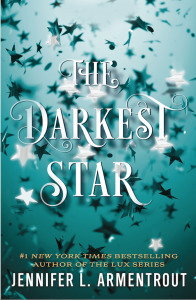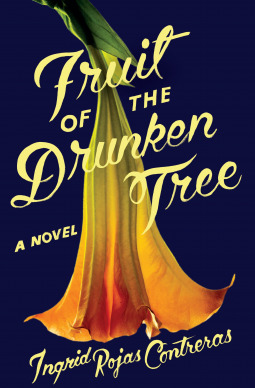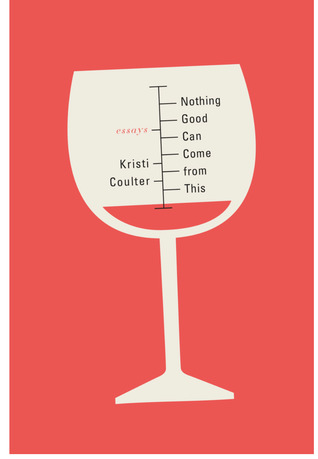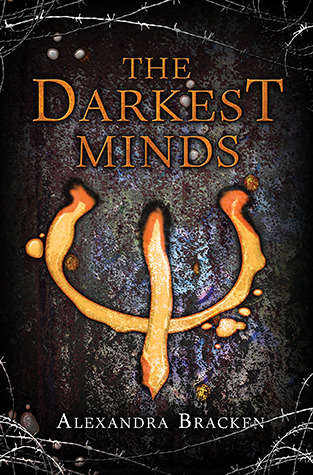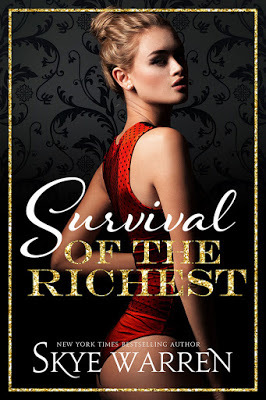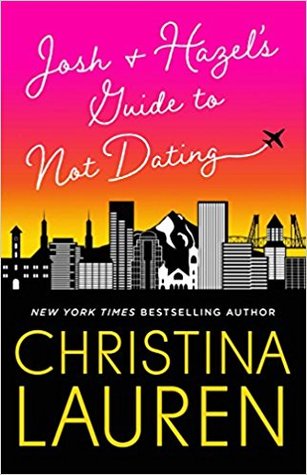I am a feminist and have read
a fair amount of feminist books over the last two years. When you're part of a movement/political platform or identify with a movement/political platform, I think it's important to read the classics (so you know where the movement is coming from), as well as some of the latest books from the up-and-comers (so your platform doesn't get stale). That's why I was so excited to see A POLITICALLY INCORRECT FEMINIST show up as an ARC on Netgalley. I had never heard of Phyllis Chesler, although apparently she is a notable second-wave feminist who moved in the same circles as Gloria Steinem and other "celebrity" feminists. I thought this was going to be a view on modern day feminism, from her unique perspective as someone who already saw the focus change a first time, and her thoughts on where we should go from here.
First, a note. I really don't like writing negative reviews for memoirs because when you read fiction, you can at least make the argument that you're critiquing the plot and characters, and not the person who wrote them. With memoirs, it's much trickier, because it
is personal. They are the direct recollections of the person who wrote them, put to paper. That makes criticism uncomfortably intimate, but I have to assume, as a book reviewer, that the author put the book out into the world feeling okay with that, and I am bound to be honest.
In the beginning, I thought this book was fine. Chesler has a brash, direct style I didn't really like, but sometimes people have to be unlikable to get things done and I was willing to table that, if her ideas were good. She had a lot of things to say about rape and assault, and the historical context behind that was interesting (and sad); she wrote about how much we, as a society, have improved, even if we still have a lot to get done, and I agree with that. Women have achieved a lot. Things aren't exactly equal, but we have shrunk the disparity, and that gap is growing smaller still. Women: we get things done. It was also interesting to see all of the famous feminists she was in contact with, and some of her interactions with them when they were just rising to prominence and also, post-notoriety.
There were four major blips that really made this an unpleasant read for me.
As I said, I was expecting a broad perspective on feminism as a whole, and while I got that to some degree, a lot of this was very self-promotional. Huge chunks of this book are call backs to other books that Chesler wrote, and a lot of the stories about other feminists are either about how they are her best friends/acolytes or about how they screwed her over and she's
still mad about it. It really cheapened the book for me, because it felt so petty and superficial.
I also raised an eyebrow about the way she identified her sexuality. It's a bit vague in this book, but I left thinking that Chesler was a lesbian who came out late. Later, she does refer to her "bisexual revolution," but at another point, she refers to one of her heterosexual relationships as back when she was straight. It was a bit jarring for me, because bisexual erasure is something I have been more sensitive to lately seeing how some of my bi friends react to language in books and movies, and I thought that was an odd thing to say, especially coming from a bisexual, because it suggests that you can't be queer if you're only dating people of the opposite sex, which just isn't true. That was odd.
I was willing to let both of those things go, however, because I get that women often don't get enough credit for their work (another subject of this book), and I have read a couple other feminists books with similar problems: where the authors name-dropped their bibliographies too much and couldn't stop talking trash over the people who did them wrong. Feminism is a frustrating ideology because there is a lot of misogyny on the inside, and on the outside you get all sorts of rude comments from people who want to demean you and trivialize your thoughts and beliefs, so I could understand that frustration even if I really did not like how it was affecting the book, and was willing to carry on.
The part of the book that genuinely upset me was how she appears to view Muslim women. Towards the end of the book, she briefly mentions the 2017 women's march (which she did not go to, apparently, because she was busy). She writes about her disdain for the pussy hats, but more so for the "virtue-signalling" women wearing hijabs and headscarves in solidarity...of what? Muslim women? Her disgust seemed to be with the idea that non-Muslim people were wearing what she considers a symbol of oppression to a march about recognition of women but there are two HUGE major flaws with that argument. 1. Many Muslim women find the hijab empowering, for various reasons. What it comes down to is choice: if women
choose to wear a garment in accordance with their faith, then it is not oppressive. 2. Her suggestion that the women wearing these were not real Muslims was odd. How would she know if they were real Muslims? I hate to ascribe motivations to people that they might not have, but if she was looking at these marches secondhand and making these assumptions, I'm forced to conclude that she was looking at skin color and facial characteristics to make these decisions about who was a "real" Muslim and who was "virtue-signalling" and that's, well, not only super icky, but also not very informed, since Islam is one of the most common religions worldwide, and those who practice it are as diverse in appearance as they are in creed.
I suppose it's not surprising that she appears to harbor distaste for Muslims since she was essentially held prisoner by her Muslim husband in Kabul before her father-in-law helped her escape. I think she was only imprisoned for a few months, but that's still pretty awful. However, she appears to be coloring her view of the entire Muslim populace from that one incredibly negative interaction, and
her writings on Islam are pretty upsetting, with their focus on honor-killings and her alleged calls to action for banning the niqab in Western countries. Interestingly, according to Wikipedia she claims that she has no problem with the hijab since it "does not obscure a women's facial identity," but that doesn't seem to be the case in this book.
By this point in the book, I was skimming pretty heavily, as it had become highly self-referential. At the end of the book, I hit another bump. She writes about all the countries she gave talks at, and once more the book takes on an uncomfortable tone, particularly when she refers to the Swedish people lighting candles at their talks as a lovely pagan tradition, and seems to be mocking the Japanese feminists she talked to for being overly demure when they "titter" after she suggests a visit to the Tokyo red light district, before going on about how much of their pornography involves children (I wasn't sure what she meant by this - the pornographic manga? the school girl porn?). I don't know what she saw but it is worth mentioning that most pornographic manga does involve
adults (who, admittedly, look very young) and school girl porn is not actual child pornography (although I can definitely see how it could make someone uncomfortable). Clearly, Phyllis Chesler is determined to live up to her title of Politically Incorrect Feminist. My goodness, I cringed so hard.
I suppose it was my fault for picking up this book, called POLITICALLY INCORRECT FEMINIST, and not assuming that it was going to live up to its name. The thing is, I don't usually mind if books make me uncomfortable.
ELOQUENT RAGE, written by a black feminist author, made me very uncomfortable because it caused me to have to confront a lot of my own privilege in order to wrap my mind about some of the problems with racism and intersectionality that plague feminism. It was not pleasant to read, but it was a good book, and had a lot of tight, reasonable points. This book, on the other hand, was not as organized, meandered a lot, and seemed to be determined to cause offensive without providing a reason behind that or giving a call to action to rally behind. I feel duped by that title's tagline, which promised me a new movement but instead felt utterly stagnant.
Thanks to Netgalley/the publisher for the review copy!
1.5 out of 5 stars


